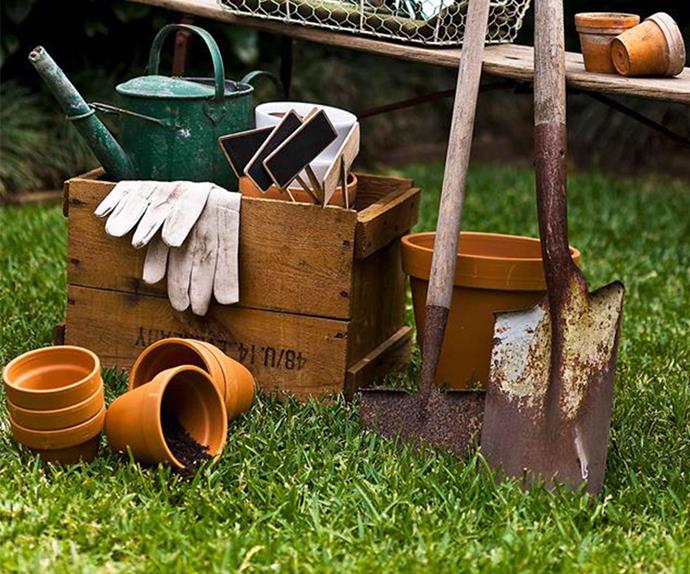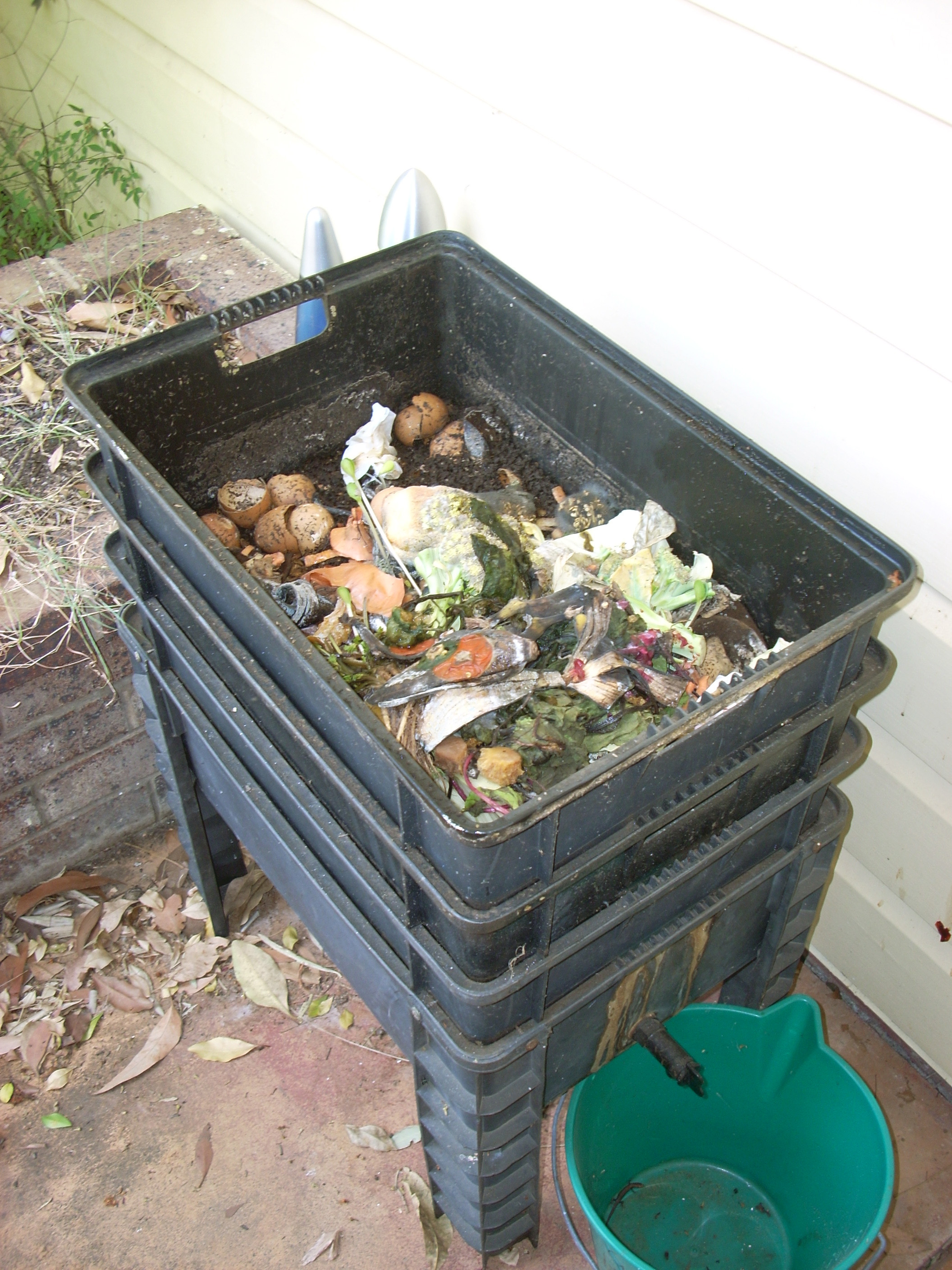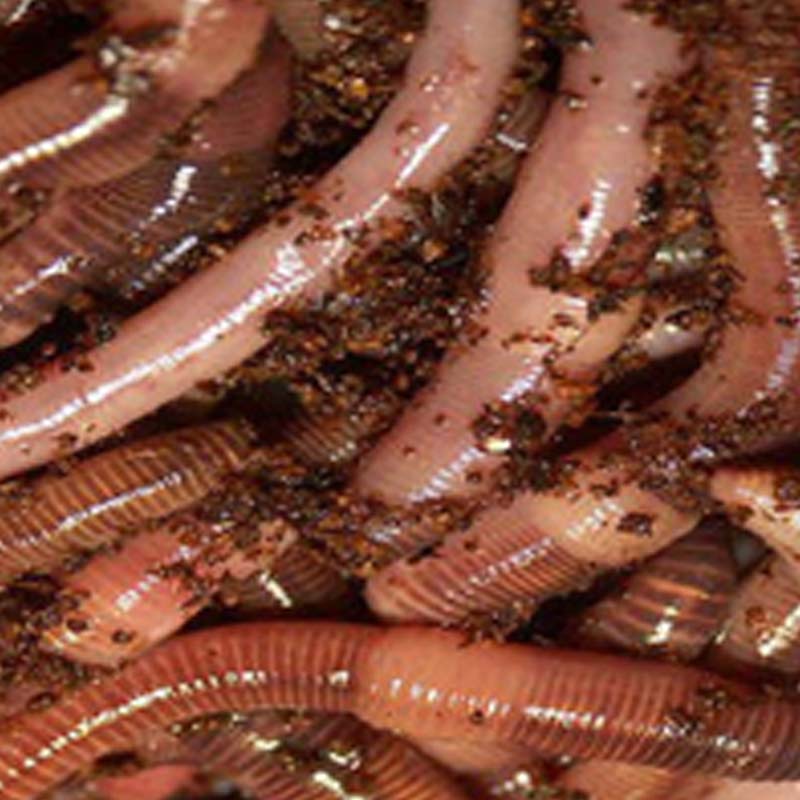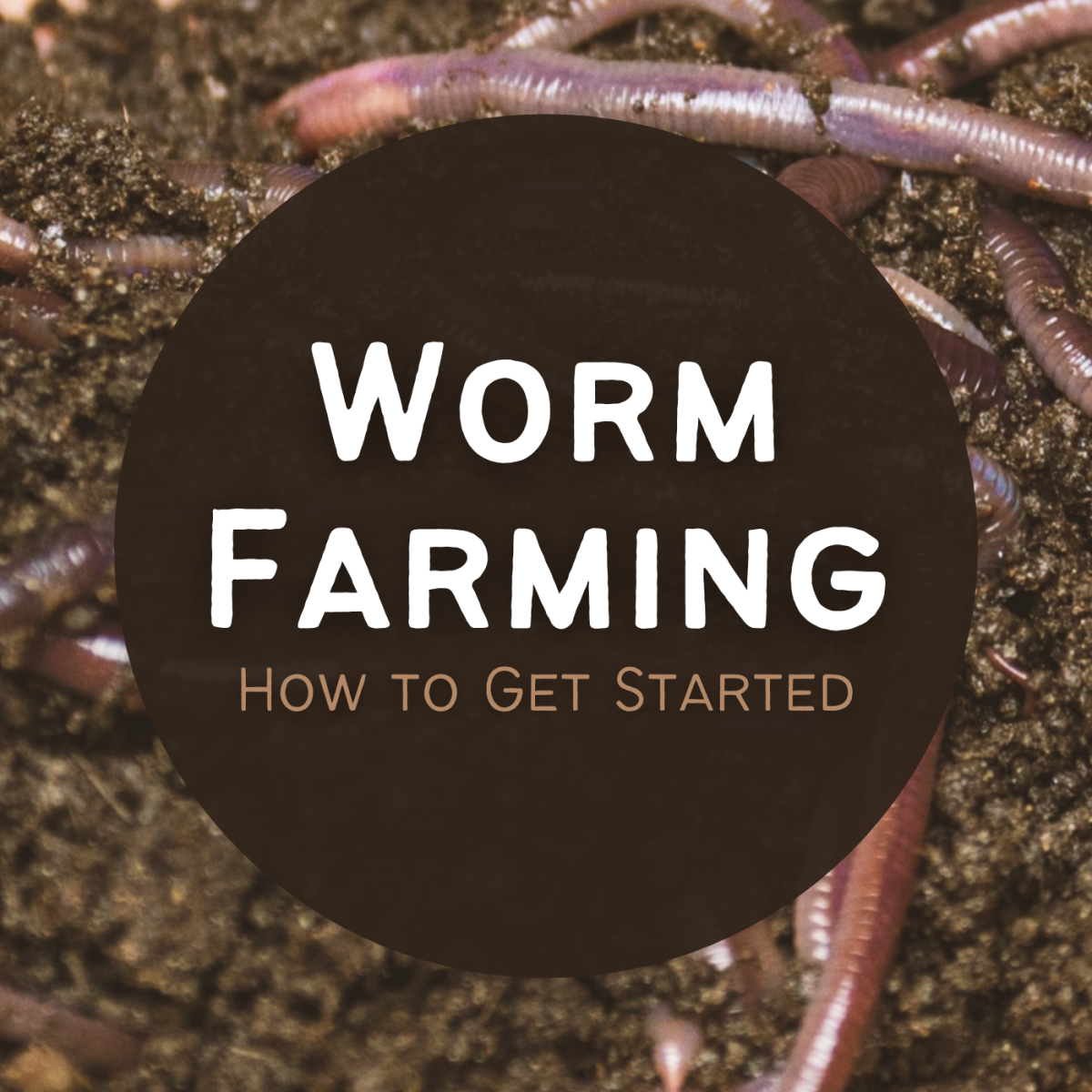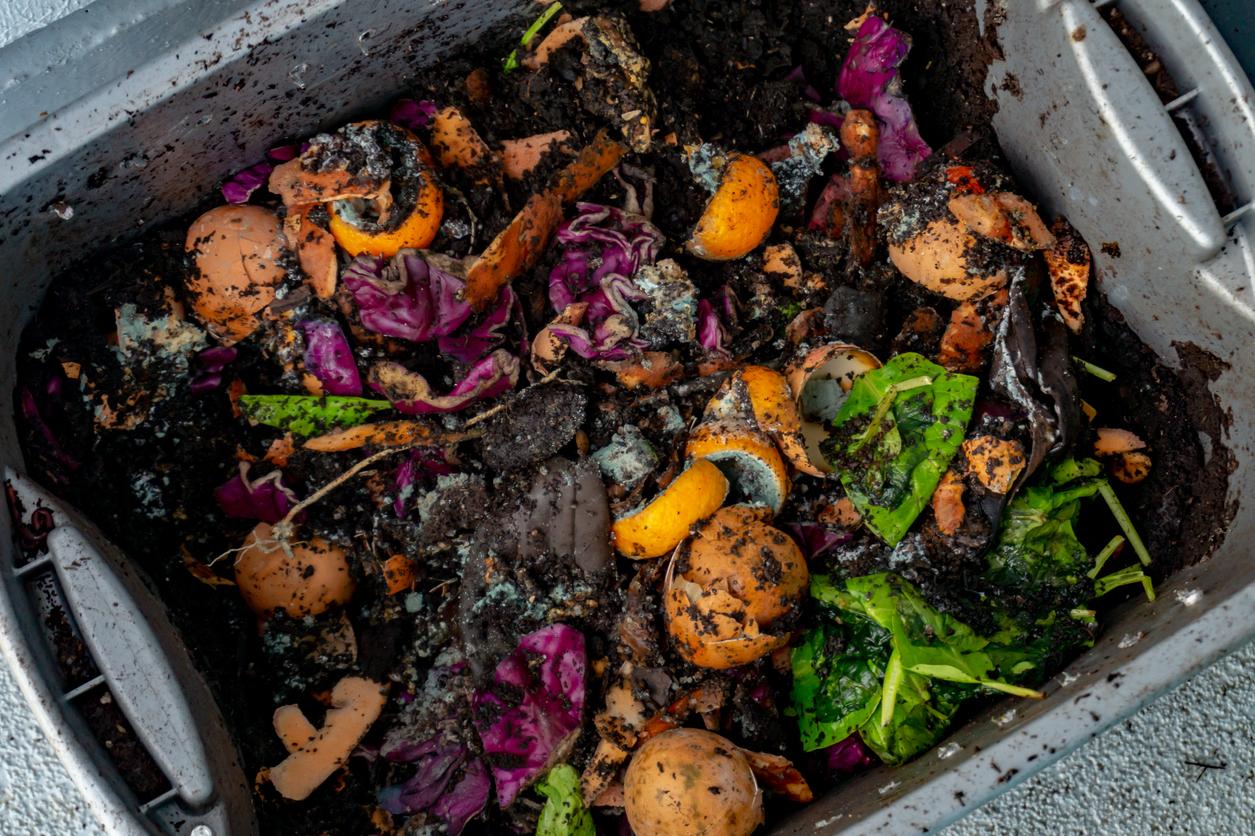Marvelous Tips About How To Start A Worm Farm For Fishing
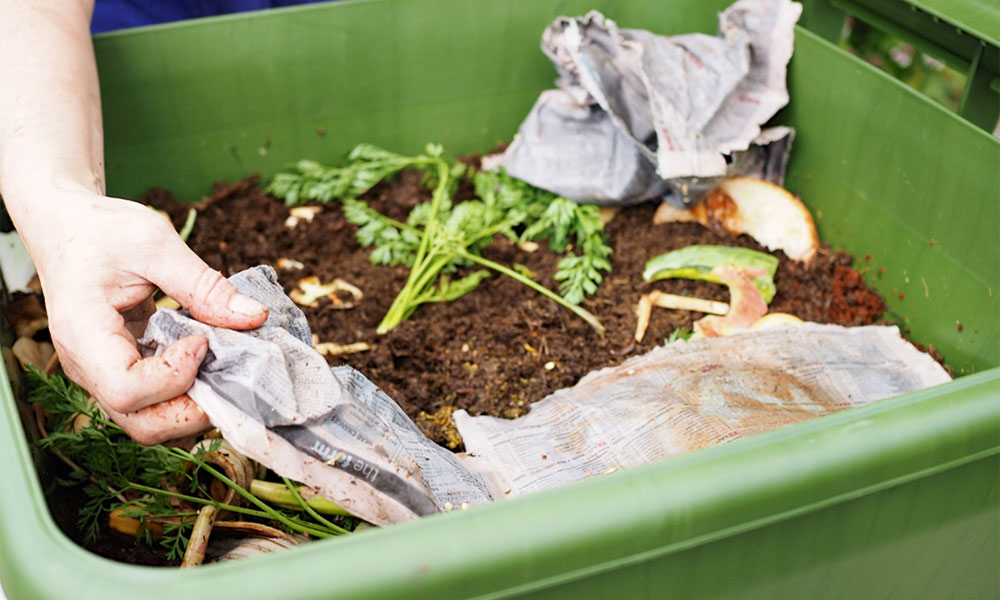
To be master of your own worm farm, round up some simple materials and some red, wiggly employees, and get to it.
How to start a worm farm for fishing. Preparing the container for your worms 4. Types of fishing worms. The first step in starting your worm farm is to select a container that is suitable for your needs.
Red wigglers or redworms are the most popular choices for worm farms because they can eat about half of their weight in a single day and thrive in a compost. Any container will do, but remember surface area is more important than depth as composting worms will. How many worms do you need to start a farm?
Buying the bins starting a worm farm (also known as a worm composter) is not difficult, and it is a project that can involve the kids. Flip 2 large, 8 to 10 us gal (30 to 38 l) plastic bins upside down so the bottoms are facing. Starting a worm farm for fishing is actually very easy.
Keep them in the fridge. How to build a worm farm for fishing. To start a worm farm for fishing, it is important to pick the best fishing worms that will 1) breed and thrive in your climate and 2) are good for the type of fish.
Take the worms and put them in a plastic bag or container, or a styrofoam box, along with some water and some food. Setting up your worm farm: 1 provide the optimum location and environment.
It should have about one square foot of surface area for each pound of. The three types of fishing worms we offer are: Which species are best for.
Firstly, you need to get a suitable container for the worm bin. How to get started: European night crawlers (super reds) red worms (red wigglers) draw.
Now you should have a worm bin set up and ready to start your worm farm for fishing or composting. Worms consume much in relation to their weight. If you need a lot of.
If your worm farm is getting full and you want to take some worms out and store them for your next fishing trip, here are 2 easy methods of doing so. It creates the perfect organic fertilizer for your plants and soil. Read our reviews to learn more.
If you don't mind cohabiting with the crawling critters, your basement is one of the most optimal of environments for a. Choose a container that is spacious enough to accommodate. Worm farming or vermicomposting is the process of using worms to transform organic kitchen.

